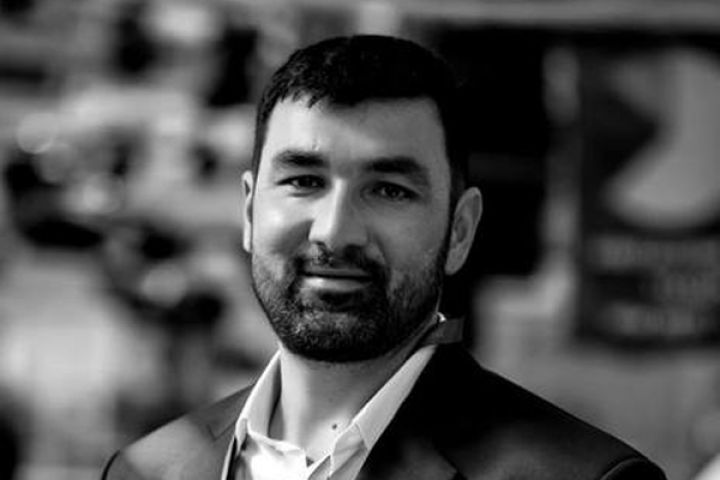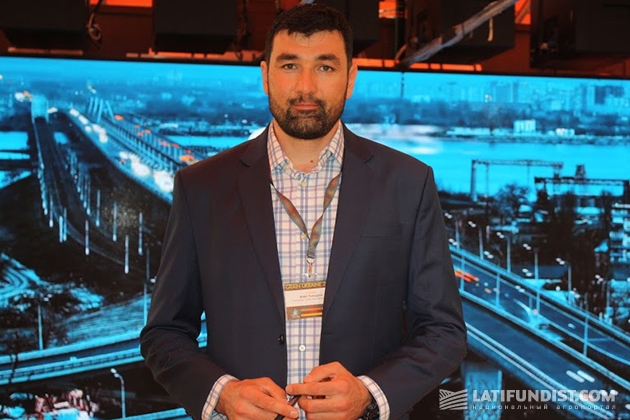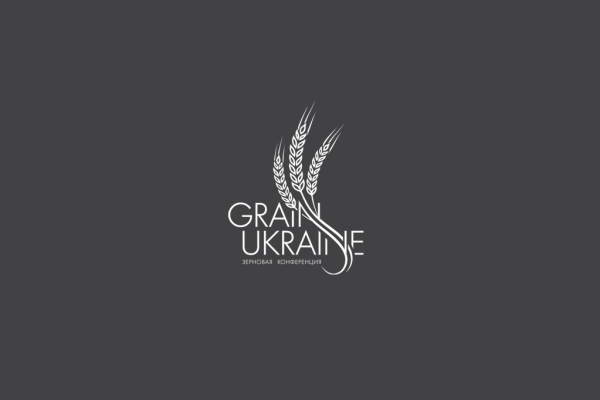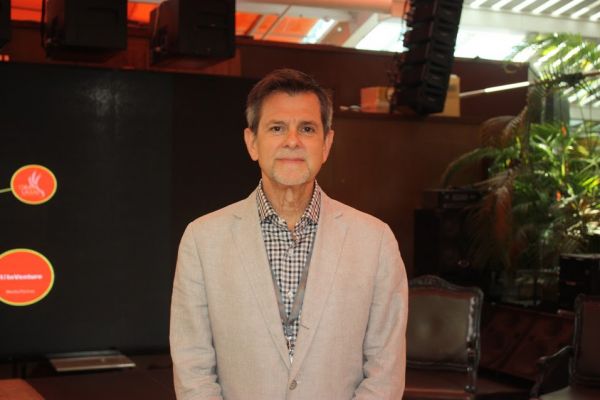Trading Code of Ukraine Is the Key to Successful Export
The first international Grain Ukraine Conference 2016 was best remembered for the interesting speeches of leading experts working for global companies and international associations. During the conference, Latifundist.com had a great opportunity to talk with one of the most outstanding speakers at the conference — a Commodity Merchandiser in the International Feed (US) — Adel Yusupov. He gave an opinion on the latest trends in the grain market and prospects of cooperation with Ukrainian farmers.
For the information
International Feed specializes in trading and full service logistics. The company was set up in 1999 and its headquarters is in the Minneapolis. International Feed sells agricultural products, particularly grains, legumes and oilseeds to Asia and the Middle East. Conventionally the company collaborates with grain elevators, processors, small and large farmers.
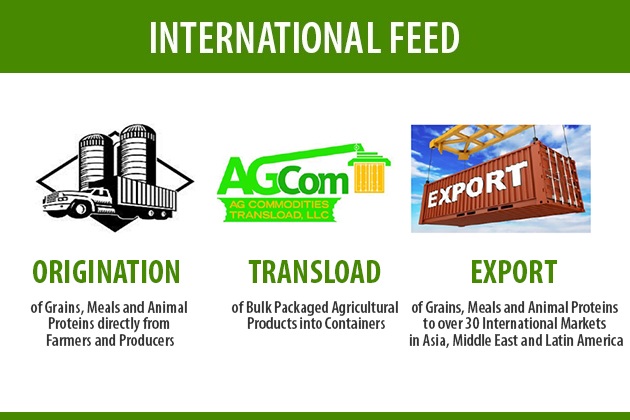
Adel Yusupov has a 16-year experience in the field of export marketing/classification of grain and 7-year experience in the position of Regional Director of Southeast Asia in the US Grains Council. Past 2 years he has been working as a Commodity Merchandiser at International Feed. Adel Yusupov graduated from the Kazan State Pedagogical University in Russia.
Recent market changes
According to Adel Yusupov, reducing the cost of oil has aroused anxiety among exporters and importers and has led to the revision of prices for agricultural products. Thus, the part of thesigned contracts (260 thousand) is remaining under the threat of failure, partial or complete non-compliance. As predictedthe small dips can turn up in the short term, but in any case, prices won’t be lower than at the present.
However, it should be noted that the International Feed doesn’t have accuratedata on world demand. For example, in recent time, news of the strange trends of rotting grain in the warehouses of China spreads around the media. Chinese traders have nothing to do but sell it for a song on the domestic market. At the same time, it is observed that China is rapidly expanding the capability to import grain.
“I find it difficult to explain this phenomenon and to be an expert on the issue. It is thought that China has no information about what's happening in its market. The Chinese government has a general idea of surplus and reserves of grain, no more. The point is that it is due to the special police of state secrets and the particular governance”, the expert said.
It is theoretically possible to assume that China is preparing for possible hostilities, but the main goal of accumulation is the country's food security. In this regard, earlier limitations on the domestic production were cancelled(rate is 95 %).
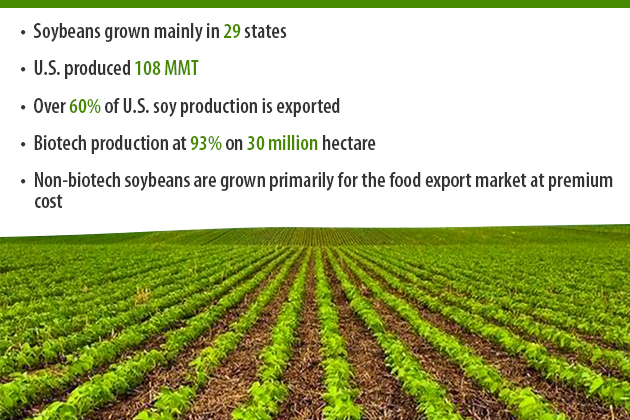
Unfortunately, the politicians in the majority of developing countries don’t know about the opening of markets as the best way to ensure their food security. It allowscountries to build up relationships with foreign suppliers and to choose the best and competitive price for the grain.
On the other hand, there are many countries where government and politicians set barriers (limitations) to the import of goods. It leads to artificial overpricing on the domestic market. For example, the price of maize on the Chinese market is several times higher than in the US.
“I’m a strong proponent of market liberalization, therefore, I don’t understand such actions and don’t approve them,” Adel Yusupov summed up.
Cooperation with Ukraine and the possibleeffect
According to the speaker, International Feed made the decision to collaborate with Ukrainein March 2016. Adel Yusupov believes that Ukrainian farmers have huge potential, their machinery is equipped with modern GPS navigation, they cultivate crops using advanced, cutting-edge technology. Last winter Adel Yusupov was able to assess the prospects of work in the domestic market when he visited Ukraine and met with local sales and logistics players in Odessa and Kiev.Also, he witnessed the shipment of the first cargo of feed wheat to Indonesia.
"Nowadays shipment volumes are not very large — 1,000 tons of soybean and sunflower meal, it all comes down to trial batch to get the hang of it and, to understand Ukrainian features of doing business and to learn how to work. It is planned to increase capacity, but obviously we are not talking about shipment of 10-15 thousand tons because the loading is done only in containers. In practice, there is always a shortage of empty containers in both directions, and it is important for us to form an optimal delivery chain without additional costs", — said Yusupov.
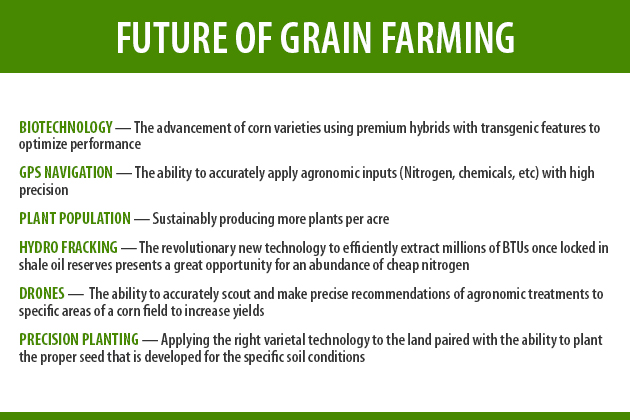
In his opinion, gaps in the legislation and running business processes put obstacles in the way of the development of the business relations between the Ukrainian agribusiness and foreign partners.
"There is no clear market mechanism in Ukraine and the agreements are often broken and not fulfilled. In the US you can call the factory and order a meal priced at $180 per ton. The contract doesn’t depend on the state of the market and it won’t be reviewed even if the company purchase products at a price of $185 per ton. Alas, this cannot be said about Ukraine," commodity trader says.
He believes that the Ukrainian government need to draw up a special trading Code using the experience of the American Association of traders. All American trading companies, as well as producers and consumers of agricultural products, use the Code. Model agreement with the International Feed fits on half a page, other conditions use accordingly to the articles of the National Grain and Feed Association (NGFA).
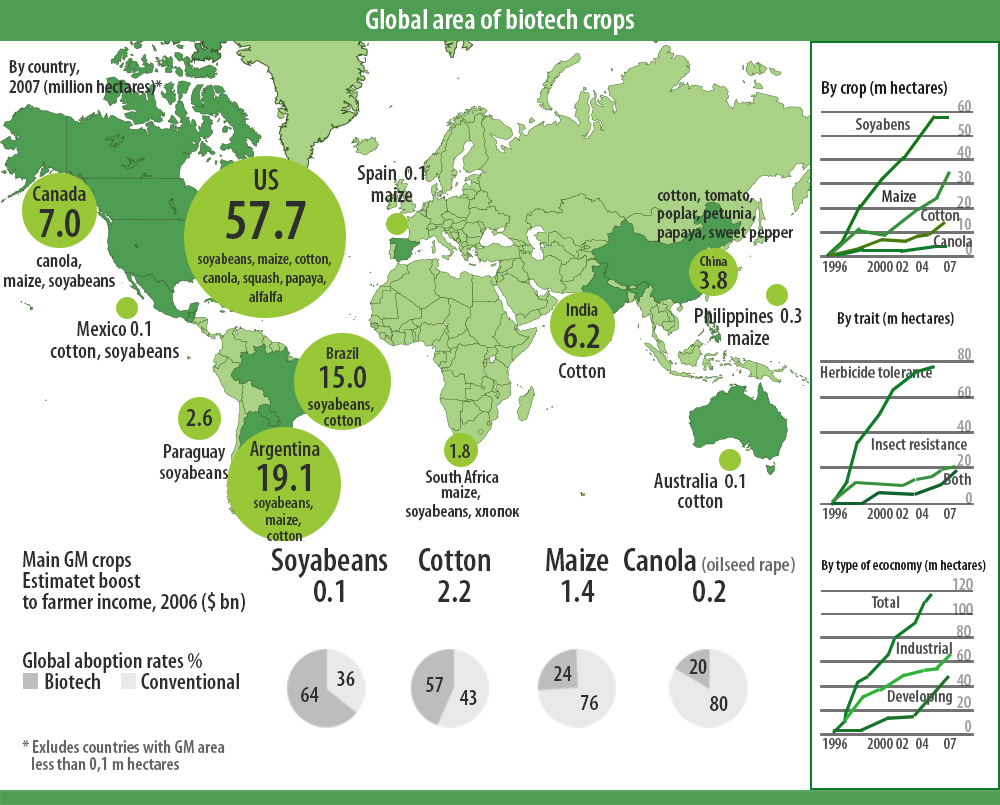
Note: NGFAfounded in 1896 and it is a non-profit agency, the missionof which iseconomic growth and an increase in efficiency of agriculture. Members of the organization are 30 state and regional associations, and about 1000 companies.
"Ukrainian agricultural companies have to hard work. It means they shouldhavethe modern know-how, reform legislation, adopt new technologies, attract foreign investors in order to become the world leader and the largest supplier of agricultural products",— concluded commodity trader in the International Feed.


